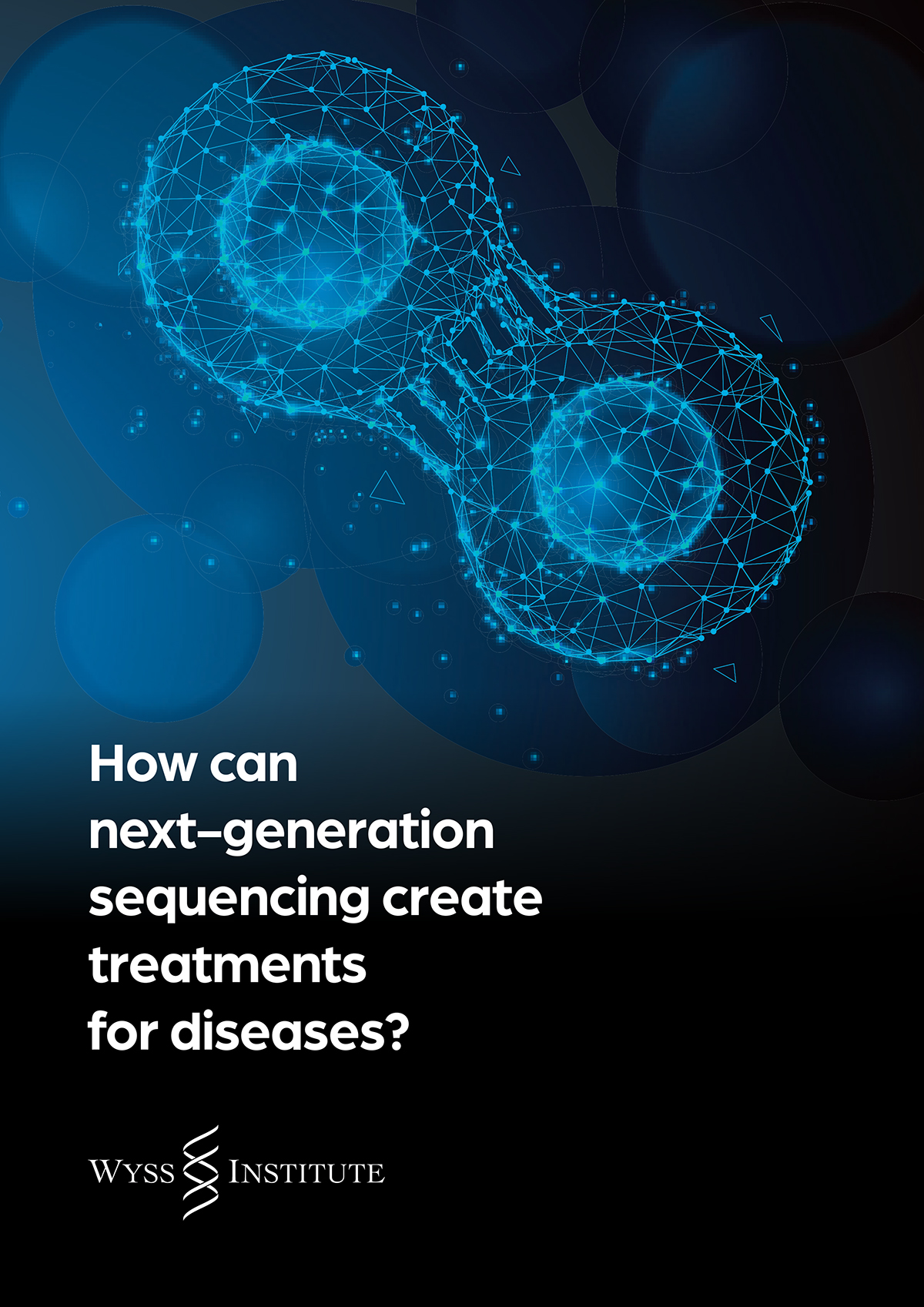In this ebook, we interview Dr Richie Kohman, Synthetic Biology Platform Lead at the Wyss Institute at Harvard, about his work with next-generation sequencing (NGS)
Next-generation sequencing (NGS) can be applied to biological tissues from any organ as well as healthy and pathological samples. Dr Richie Kohman believes that the technique will be rapidly adopted across oncology, immunology and neuroscience fields because of the advantages it offers.
Cancer treatment
The reason for this is that cancer samples are known to contain spatial cellular heterogeneity, the immune system is comprised of many mobile cell types, and the brain is the most structurally complex organ in the body.
NGS is expected to lead to therapies and treatments in these areas, but it comes with its challenges such as cost and adoption.
Solve neuroscientific mysteries
Dr Kohman explains that the price depends on the equipment a lab already has in its possession. This includes a microscope equipped with a flow cell and pump. He adds that it would also be challenging to adopt NGS with no prior experience.
However, the positives outway the negatives and can solve ongoing neuroscientific mysteries.
Look no further to learn more about next-generation sequencing and the treatments it can provide for diseases. Read the ebook today.


